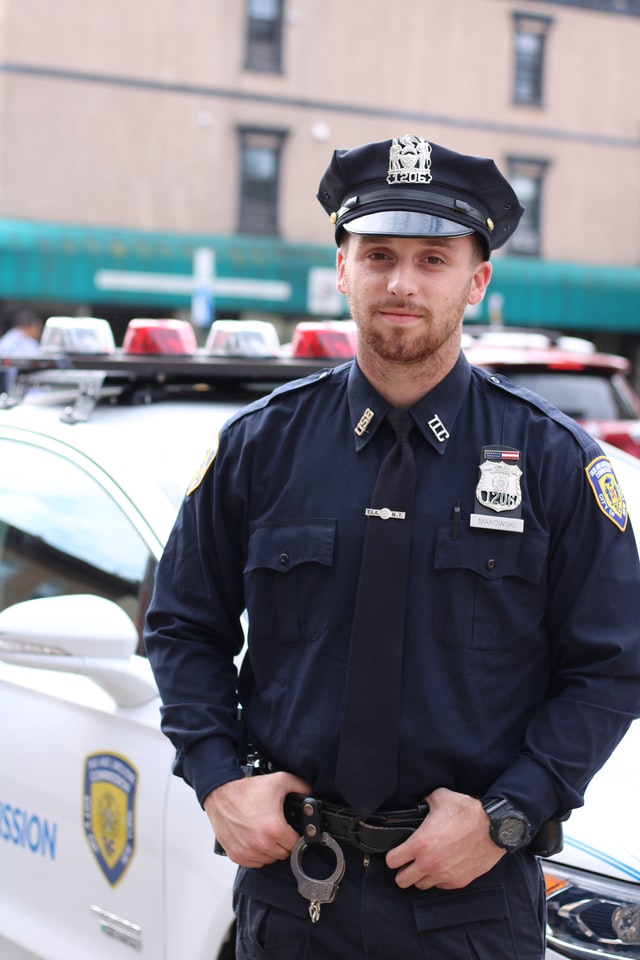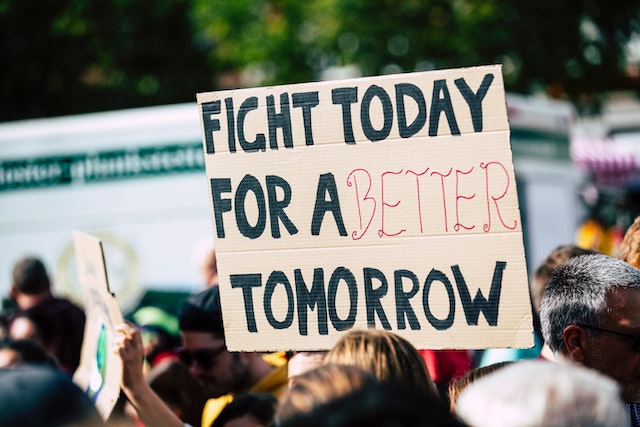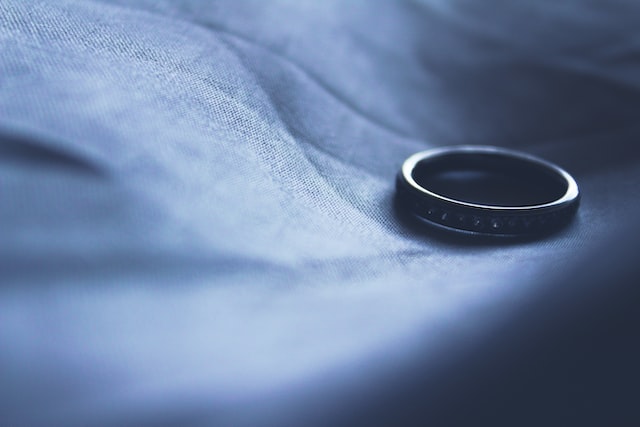What Is Qualified Immunity and What Does It Have to Do With Police Reform?
The concept of “qualified immunity” shields police officers from accountability. This policy promotes misbehavior in the field and increases police violence against Black and Brown people. In addition, this immunity is tied to decertification, which has been the target of many recent lawsuits. We must do away with this regressive law to make our communities safer and bring justice to everyone.
It shields police officers from accountability.
In one case, a judge in Texas upheld the use of qualified immunity protections in a criminal case. In McCoy v. Alamu, an incarcerated man was attacked by police without any justification. The Fifth Circuit upheld the exemption for the officer because it recognized that qualified immunity in cases of excessive force is difficult to overcome. However, the Supreme Court reversed the Fifth Circuit and remanded the topic to the lower court, instructed to consider the decision in light of Taylor.
Advocates of qualified immunity cite recent cases involving egregious misconduct committed by police. Among them are cases where a correctional officer pepper-sprayed an inmate for no reason, a police officer who accidentally shot a 10-year-old, and a police officer who allegedly stole $225,000 in cash and rare coins from a suspect. Those examples highlight the difficulty in defining qualified immunity in such cases.
It encourages misbehavior in the field.
The idea that qualified immunity protects police officers from lawsuits is troubling. While the concept of qualified immunity encourages officers to make mistakes, critics say courts are overprotective of law enforcement officials. The courts have tended to shield officers from liability even if the errors are reasonable. That means a person cannot sue a police officer unless he can show a prior ruling.
The notion of vicarious responsibility has a similar concept. Vicarious responsibility holds private firms liable for the actions of their workers. Private enterprises must safeguard their employees from injury under vicarious responsibility. Vicarious liability requires the company to protect victims by preventing employees from committing unlawful acts. This concept also requires that any person injured by a company’s employees’ illegal conduct be fully compensated.
It encourages more police violence against Black and Brown people.
A recent case in the U.S. demonstrates how the doctrine of qualified immunity reinforces police violence against Black and Brown people. Qualified immunity protects government officials from lawsuits when they use force that violates federal law. In this case, a Minneapolis police officer fatally shot and killed a Black man. While this may not seem a big deal, this doctrine encourages police officers to engage in violence against Black and Brown people.
It is no secret that police officers use excessive force and kill civilians yearly. But qualified immunity protects them from trial unless they use excessive force. This law should be abolished. Only then would victims of police violence be able to sue the police. That’s because police officers can’t face a criminal charge for violating civil rights.
It’s tied to decertification.
One key point in the debate over qualified immunity is the need to reconsider governmental liability policies. The Monell standard holds local governments liable for officer misconduct only if the misconduct was established by agency policies, unofficial custom, or deliberate indifference to training officers. Unless these policies are revised to make these laws more consistent with public policy, agencies should still face liability for misconduct.
This change has a mixed reaction from law enforcement groups. On the one hand, it helps police officers perform their jobs while protecting them from individual lawsuits. On the other hand, however, some law enforcement organizations oppose the legislation. And others say it isn’t as simple as decertification. For example, Shaun Rundle, deputy director of the California Peace Officers’ Association, argues that qualified immunity is much more than decertification.
It’s a sticking point in negotiations over police reform.
Negotiators have been going back and forth for months to agree on the best way to end racial profiling. George Floyd’s family visited Capitol Hill lawmakers earlier this month to ask for a more comprehensive bill, but they were unsuccessful. So instead, they remain stuck over two significant issues: qualified immunity, which shields police officers from civil liability, and Section 242, the criminal standard that convicts law enforcement officers for committing crimes.
The two parties have different ideas about how to improve police accountability. Democrats have called for eliminating qualified immunity, but Republicans have refused to support legislation limiting its use. Many have argued that qualified immunity was never a legitimate defense for police officers and should be eliminated. But it has no basis in reality. The only way to end the debate is to repeal qualified immunity completely.









